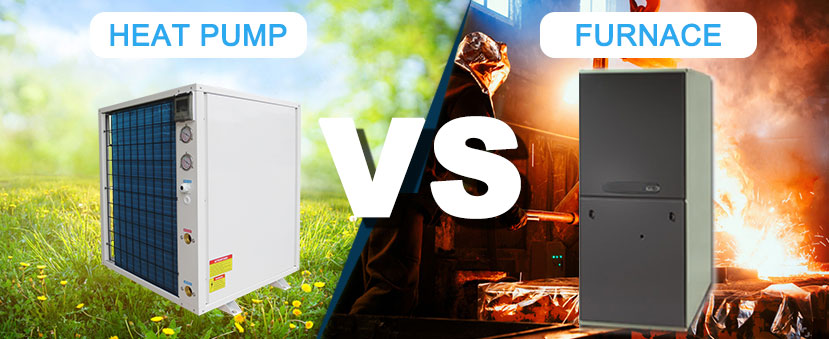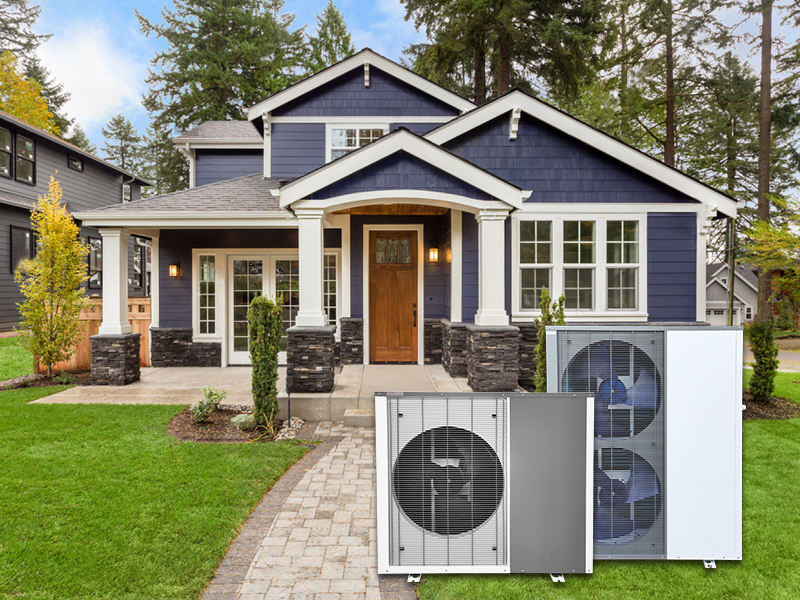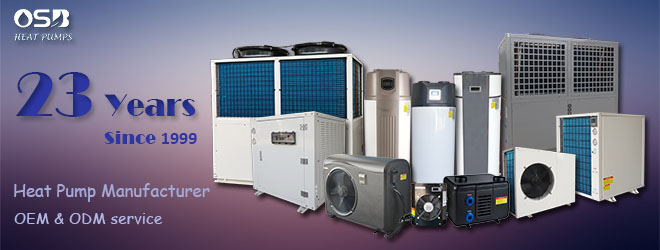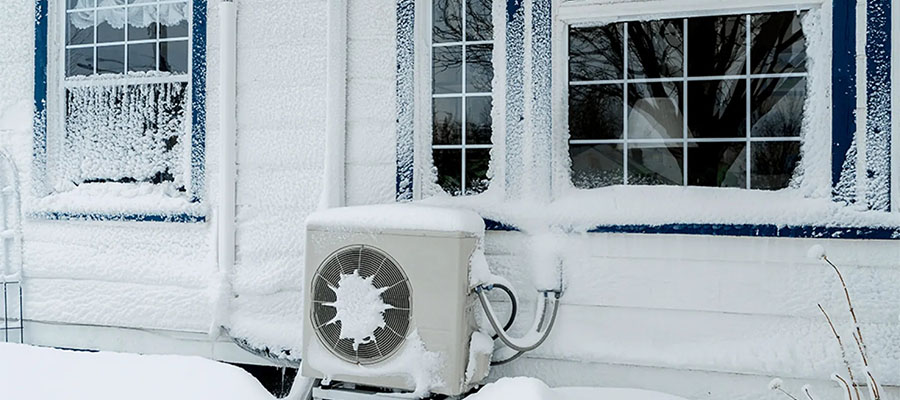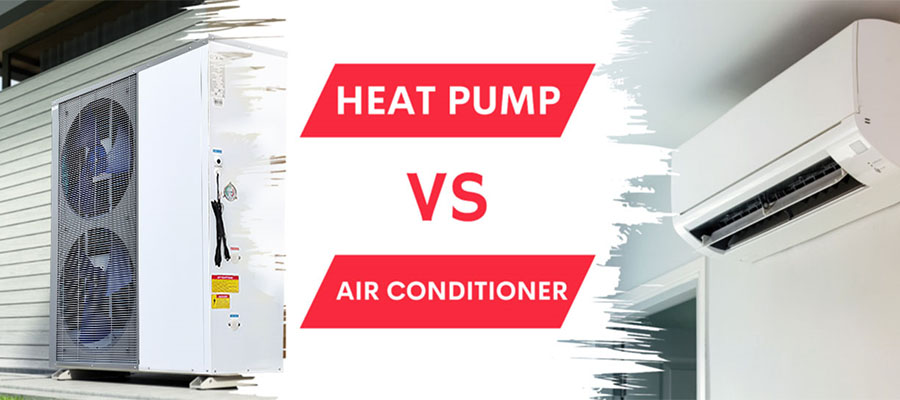Why do heat pumps become the first choice for many families?
Energy Efficiency:
- According to the U.S. Energy Information Administration (EIA), heat pumps typically outperform traditional heating and cooling systems in energy efficiency. It's estimated that heat pumps generally achieve a Coefficient of Performance (COP) ranging from 2.5 to 4.0, meaning they produce 2.5 to 4.0 units of heating or cooling per unit of electricity consumed. In contrast, traditional resistance heaters have a COP of only 1.0, meaning they produce one unit of heat per unit of electricity consumed.
- Research by the European Environment Agency (EEA) suggests that heat pump systems can save up to 50% of energy consumption compared to traditional heating systems, demonstrating a significant advantage in energy saving and emission reduction.
Cost-effectiveness:
- According to the U.S. Department of Energy (DOE), despite the typically higher initial investment costs of heat pump systems compared to traditional heating and cooling systems, they often yield significant long-term economic benefits for households due to their lower operating costs. The DOE estimates that using a heat pump system can save households between 20% to 50% on energy expenses.
- Research from the European Commission indicates that despite higher initial costs, heat pump systems can offer greater long-term economic benefits for households due to their lower operating costs and longer lifespan.
Environmental Friendliness:
- International Energy Agency (IEA) data suggests that heat pump systems can significantly reduce greenhouse gas emissions compared to traditional heating and cooling systems, thereby mitigating climate change. This is because heat pumps utilize existing heat from the environment rather than directly burning fossil fuels to generate heat.
- Research from the European Environment Agency indicates that using heat pump systems can reduce emissions of harmful gases and particulate matter indoors, improving indoor air quality and contributing to better health.
Comfort:
- According to studies by the Building Research Establishment (BRE) in the UK, heat pump systems provide more stable and comfortable indoor temperatures, reducing discomfort caused by temperature fluctuations. Additionally, in cooling mode, heat pumps effectively remove humidity from indoor air, enhancing indoor comfort.
- Research from the European Research Institute for Housing Energy (EURAC) found that heat pump systems achieve higher levels of indoor air quality and comfort, which is crucial for improving residents' quality of life and health.

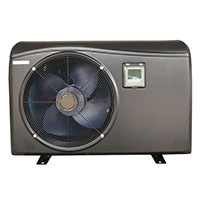 Swimming Pool Heat Pump
Swimming Pool Heat Pump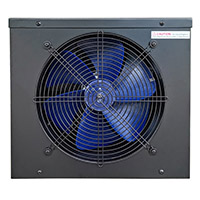 Ice Bath & Cold Plunge Chiller
Ice Bath & Cold Plunge Chiller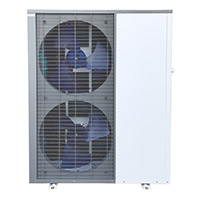 Heating & Cooling Heat Pump
Heating & Cooling Heat Pump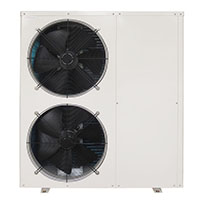 Domestic Hot Water Heat Pump
Domestic Hot Water Heat Pump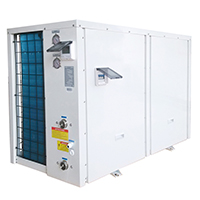 80℃ High Temperature Heat Pump
80℃ High Temperature Heat Pump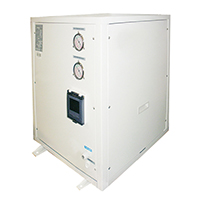 Geothermal / Water to Water Heat Pump
Geothermal / Water to Water Heat Pump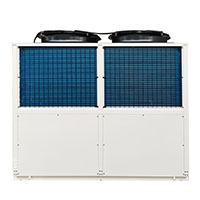 Commercial Industrial Heat Pump
Commercial Industrial Heat Pump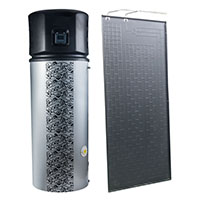 Solar Heat Pump
Solar Heat Pump Company Profile
Company Profile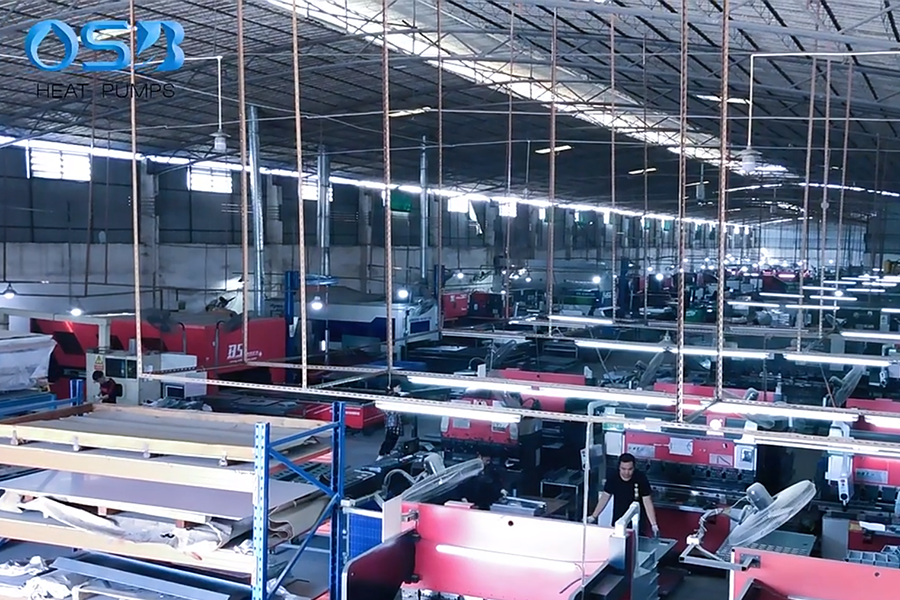 Supplier Management System
Supplier Management System Material Management
Material Management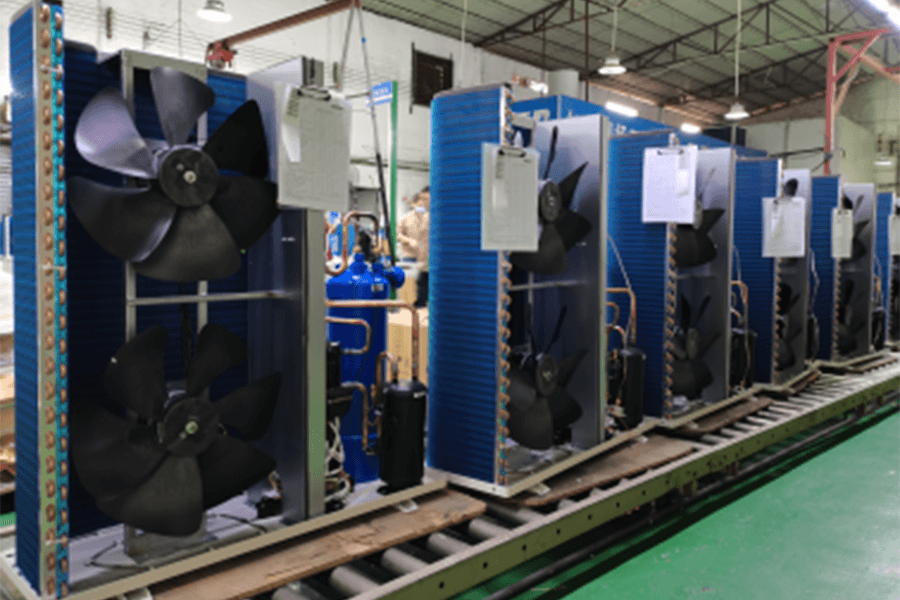 Production Process Management
Production Process Management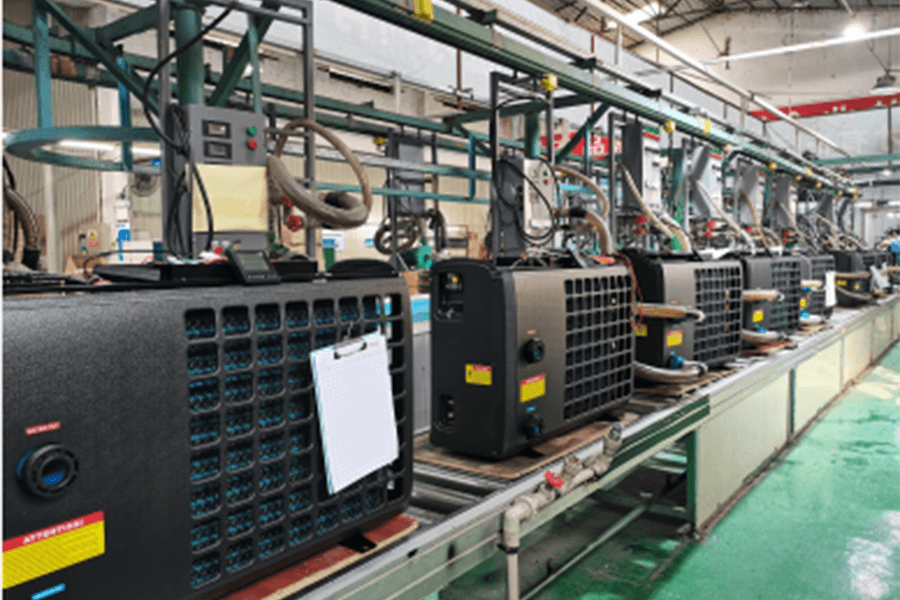 Product Inspection
Product Inspection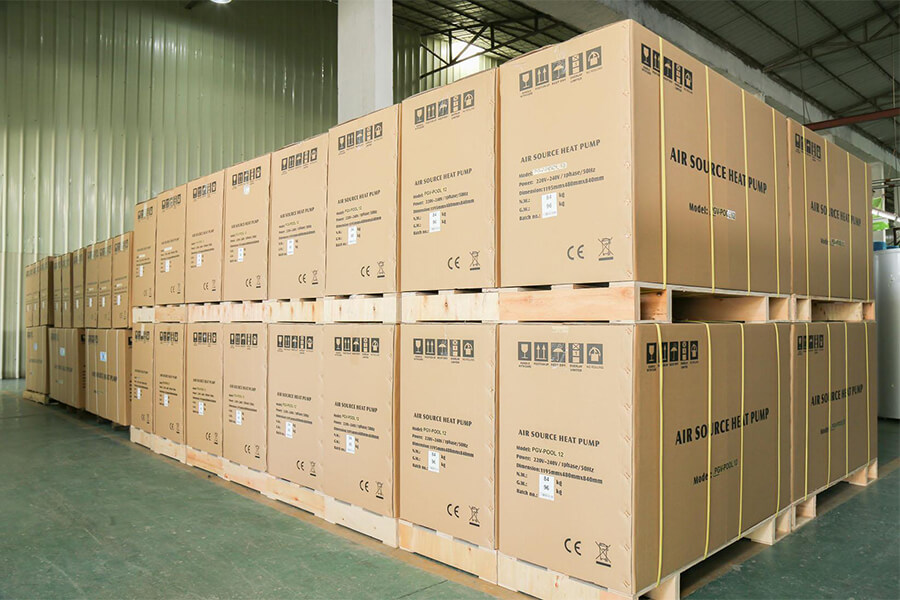 Packing & Shipping
Packing & Shipping After Sales Guarantee
After Sales Guarantee Certifications
Certifications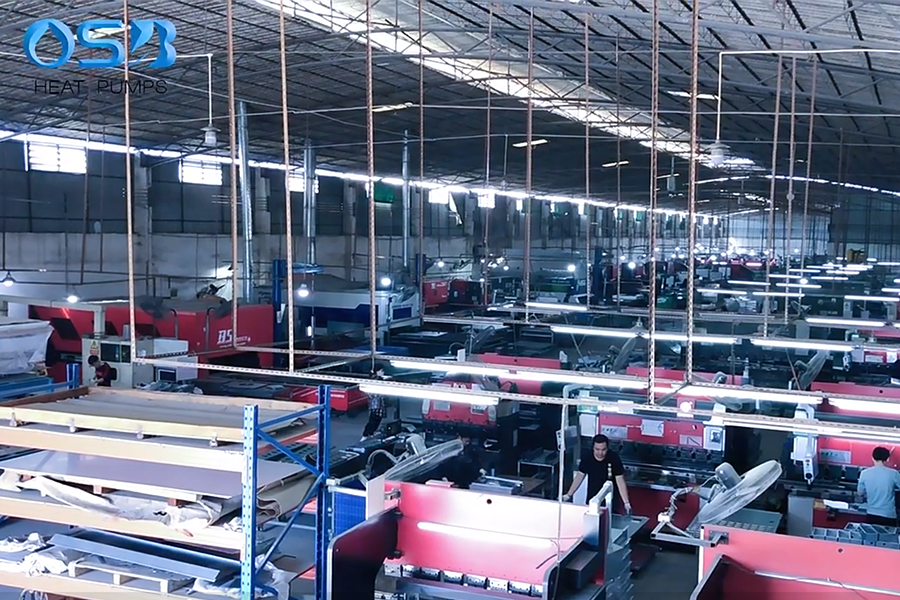 Stable Supply Chain
Stable Supply Chain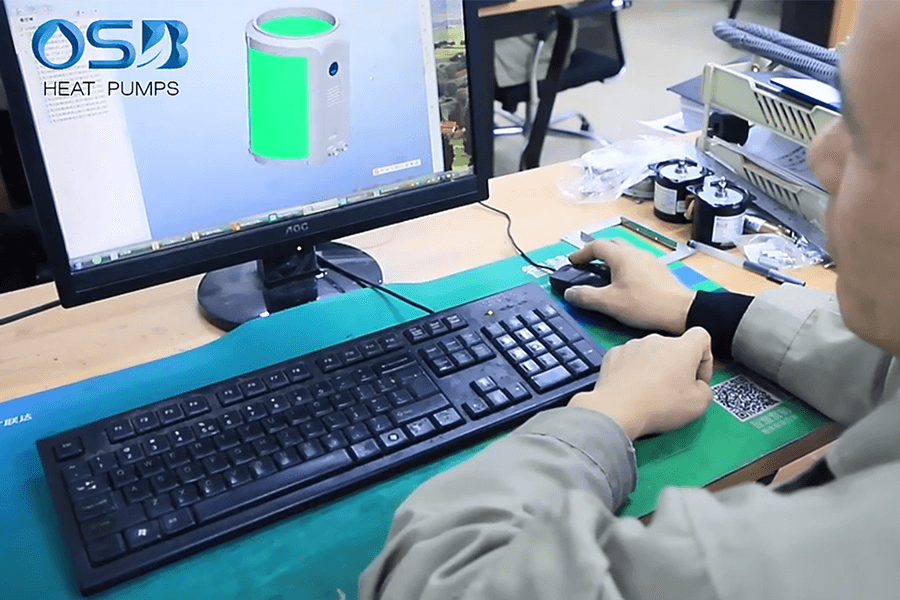 Design Capability
Design Capability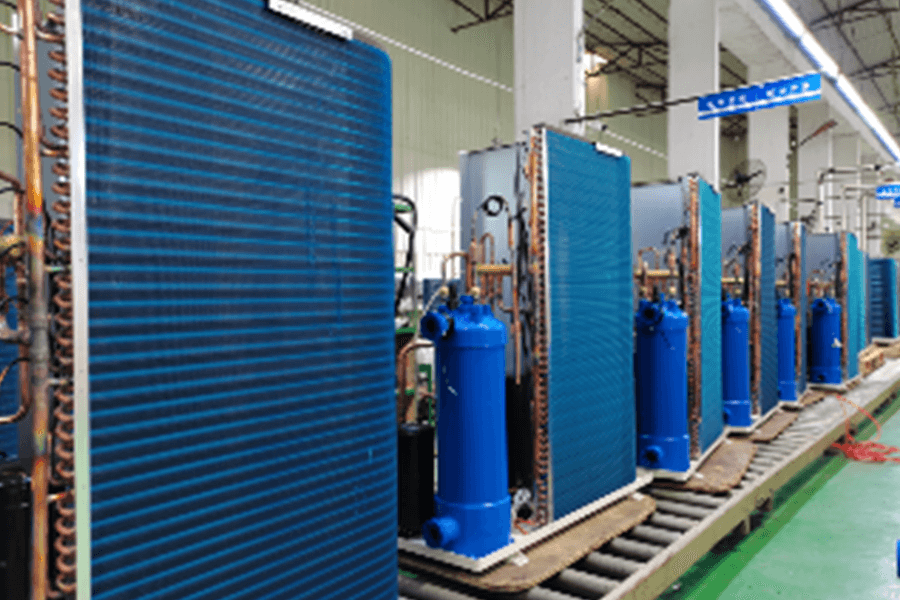 Production Efficiency
Production Efficiency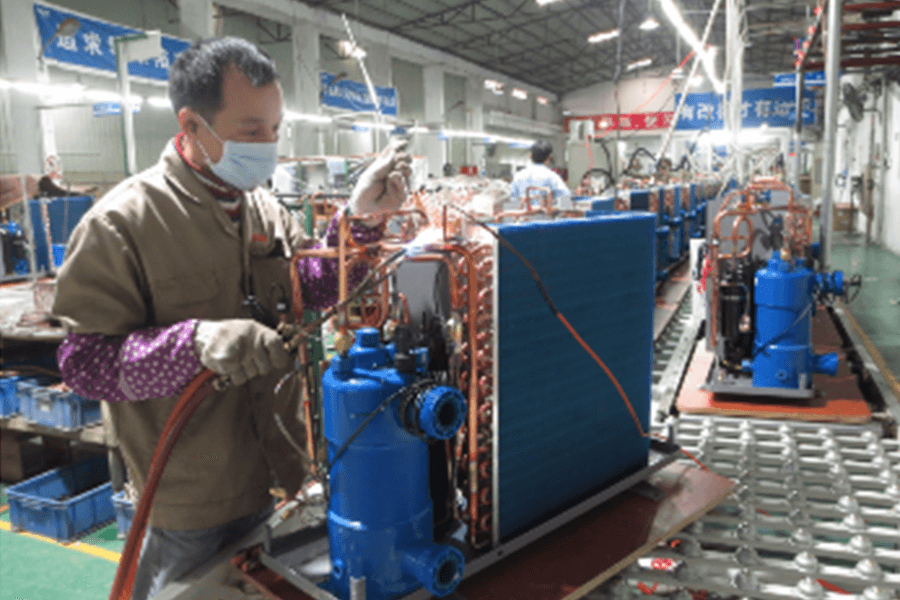 Skilled Workers and Advanced Production Process
Skilled Workers and Advanced Production Process Stable Cooperative Logistics
Stable Cooperative Logistics Team
Team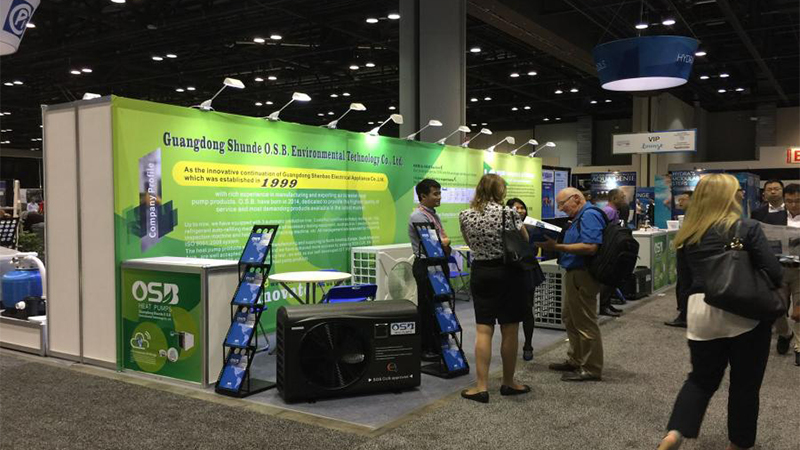 Exhibition
Exhibition Advantages
Advantages Social Responsibility
Social Responsibility
